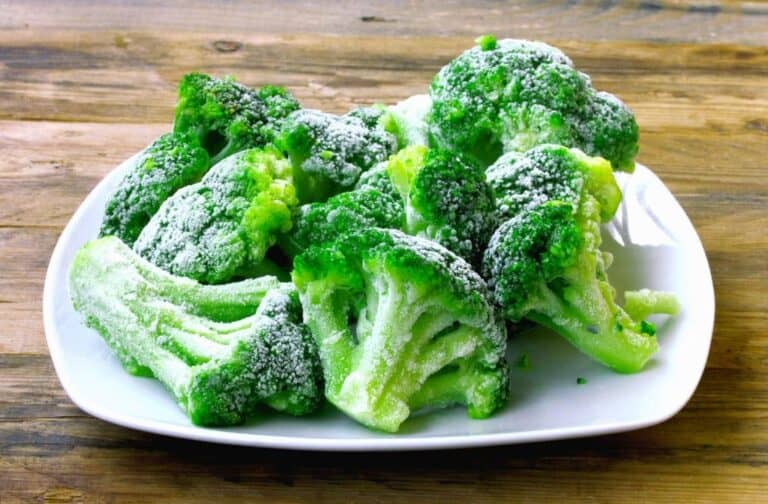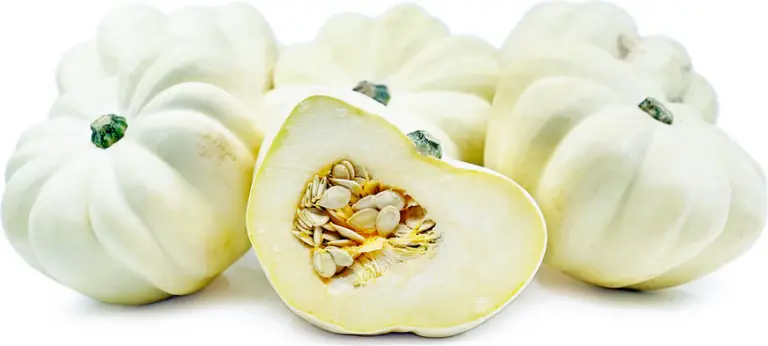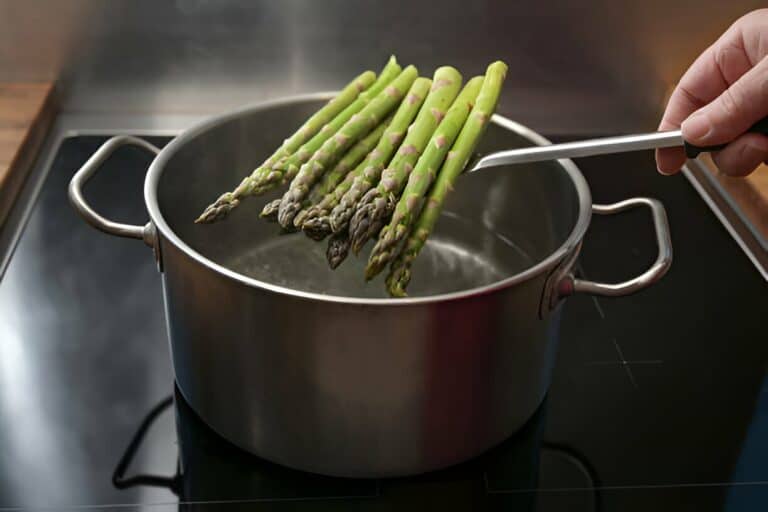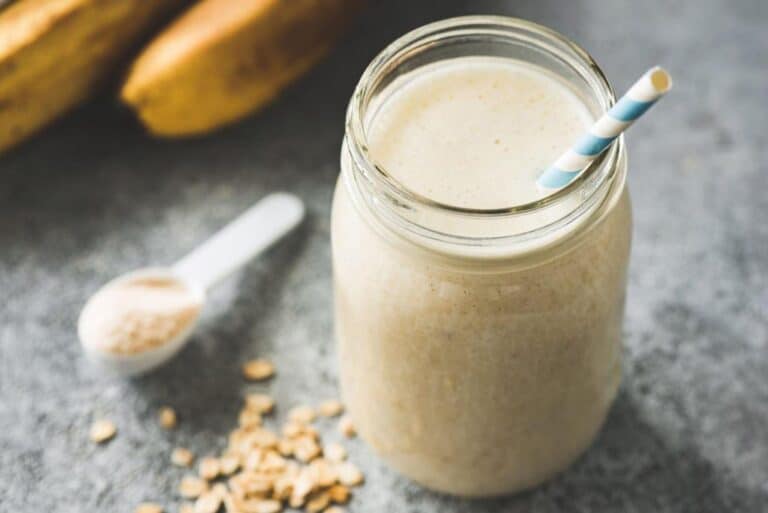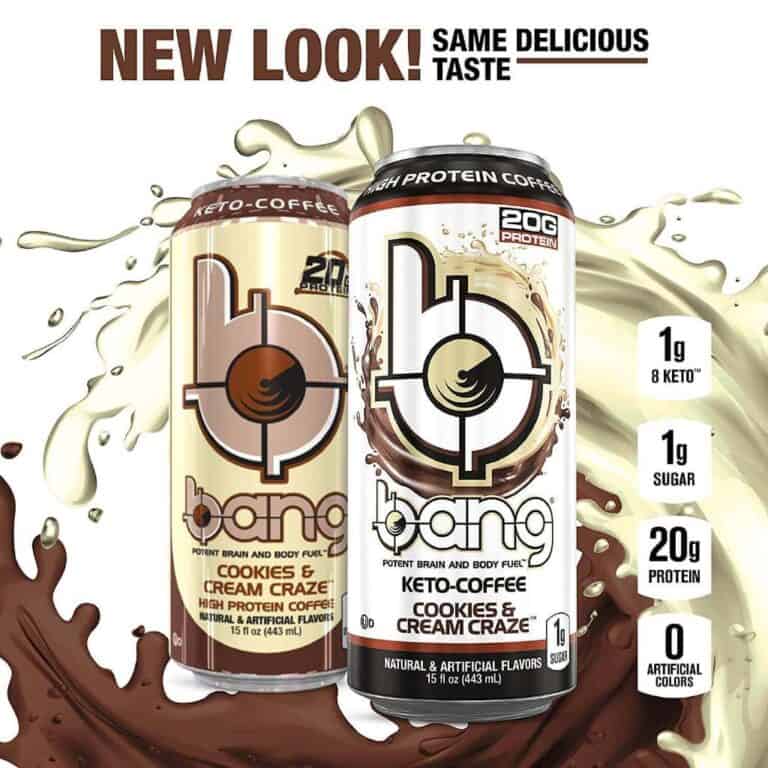Chia Seeds vs Poppy Seeds: 10 Differences
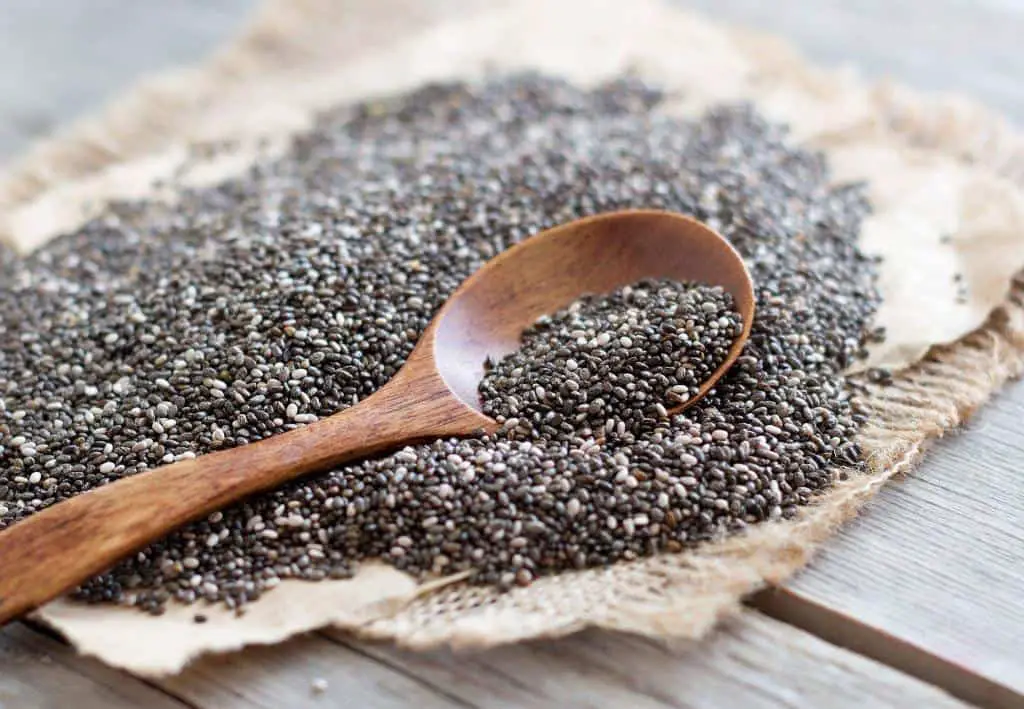
Are you ready to embark on a seed-filled journey, where chia and poppy seeds go head-to-head? These tiny powerhouses have been making waves in the world of health and nutrition, each boasting their own set of unique qualities. Chia seeds and poppy seeds may be small in size, but when it comes to their impact on our well-being, they’re giants in their own right.
In this article, we’ll delve into the world of chia seeds vs. poppy seeds, uncovering the ten key differences that set them apart. From their nutritional profiles to culinary applications, we’ll explore every nook and cranny of these super seeds. Whether you’re a health enthusiast looking for the next big thing in superfoods or a curious foodie eager to enhance your culinary creations, this showdown between chia seeds and poppy seeds is sure to captivate your attention.
So, grab a cup of your favorite beverage, settle into a cozy spot, and get ready to unravel the mysteries behind these tiny yet mighty seeds. It’s time to unveil the ten intriguing differences between chia seeds and poppy seeds. Let’s dive in!
Are Chia Seeds and Poppy Seeds the Same Thing?
Let’s delve into the intricate world of seeds to uncover the truth behind this common question. While both chia seeds and poppy seeds share the distinction of being small and round, they are indeed distinct entities with their own unique characteristics.
Chia seeds, derived from the Salvia hispanica plant, boast a striking appearance. These tiny seeds come in various shades, ranging from dark brown to gray, and are speckled with a delightful touch of white. Their texture is reminiscent of miniature pebbles, offering a satisfying crunch when consumed. Chia seeds have gained immense popularity in recent years due to their nutritional prowess and versatile culinary applications.
On the other hand, poppy seeds exhibit a slightly different allure. Derived from the opium poppy plant, these seeds showcase a rich, deep hue of bluish-gray. Their smooth, glossy exterior gives them a distinct visual appeal. Poppy seeds have been utilized in culinary traditions for centuries, adding a unique nutty flavor and textural contrast to various dishes and baked goods.
Although chia seeds and poppy seeds may share similarities in size and shape, their origins, nutritional profiles, and flavor profiles set them apart. Chia seeds offer a mild, nutty taste, while poppy seeds exude a more distinct and earthy flavor. It’s important to appreciate the individuality of these seeds when incorporating them into recipes, as their distinct characteristics can greatly enhance and differentiate culinary creations.
So, the next time you come across a recipe calling for chia seeds or poppy seeds, remember that while they may share a visual resemblance, they are indeed distinct entities with their own unique attributes. Embrace their individuality and let their flavors and textures elevate your culinary adventures.
Below Are 10 Differences of Chia Seeds vs. Poppy Seeds
1. Origin and Appearance
Chia Seeds: Chia seeds come from the Salvia hispanica plant, which is native to Mexico and Guatemala. These seeds are tiny, oval-shaped, and typically have a dark brown or black color. When mixed with liquid, chia seeds develop a gelatinous texture.
Poppy Seeds: Poppy seeds, on the other hand, are derived from the opium poppy plant (Papaver somniferum). These seeds are slightly larger than chia seeds and have a characteristic blue-black color. Poppy seeds have a smooth, shiny surface and a distinct nutty flavor.
2. Nutritional Composition
Both chia seeds and poppy seeds offer a wealth of nutrients, but their compositions differ:
| Nutrient | Chia Seeds | Poppy Seeds |
| Fiber | High | Moderate |
| Protein | Moderate | Moderate |
| Omega-3 Fatty Acids | High | Low |
| Calcium | High | Low |
| Iron | High | Moderate |
| Magnesium | High | Moderate |
As the table demonstrates, chia seeds are particularly rich in fiber, omega-3 fatty acids, calcium, iron, and magnesium. Poppy seeds, while also nutritious, contain these nutrients in slightly lower amounts.
3. Culinary Uses
Chia Seeds: Chia seeds have gained popularity as a versatile ingredient in various culinary creations. They can be added to smoothies, yogurts, oatmeal, and baked goods to boost their nutritional content. Chia seeds can also be mixed with liquid to create a gel-like consistency, which can be used as a vegan egg substitute in baking recipes.
Poppy Seeds: Poppy seeds are commonly used in baking and as a topping for bread, muffins, and pastries. They add a pleasant crunch and impart a delicate nutty flavor to dishes. Poppy seeds are also a key ingredient in traditional dishes such as bagels, strudels, and cakes.
4. Flavor Profile
Chia Seeds: Chia seeds have a mild, nutty flavor that compliments a variety of dishes without overpowering them. They add a subtle crunch when consumed in their raw form.
Poppy Seeds: Poppy seeds have a more pronounced flavor compared to chia seeds. They offer a nutty and slightly sweet taste, making them a delightful addition to both sweet and savory dishes.
5. Hydration Capacity
One of the unique characteristics of chia seeds is their ability to absorb and retain liquid:
Chia Seeds: When chia seeds are mixed with water or other liquids, they can absorb several times their weight in fluid, forming a gel-like consistency. This property makes chia seeds an excellent choice for enhancing hydration and providing a feeling of fullness.
Poppy Seeds: Poppy seeds do not possess the same hydration capacity as chia seeds. They do not absorb liquid to the same extent and therefore do not contribute to hydration in the same way.
6. Culinary Restrictions and Considerations
While chia seeds and poppy seeds offer numerous health benefits, there are a few considerations to keep in mind:
Chia Seeds: Chia seeds are generally safe for consumption and suitable for most dietary restrictions, including gluten-free, vegan, and paleo diets. However, individuals with certain medical conditions, such as dysphagia or difficulty swallowing, should be cautious when consuming chia seeds in their gelatinous form, as they may pose a choking risk.
Poppy Seeds: Poppy seeds, although widely used in culinary applications, may not be suitable for everyone. They can potentially result in a false positive on drug tests due to trace amounts of opiates present in the seeds. It is essential to be aware of this if you undergo routine drug testing or have concerns about opioid-related substances.
7. Culinary and Cultural History
Chia Seeds: Chia seeds have a rich history dating back to ancient Mayan and Aztec civilizations, where they were valued for their nutritional benefits. “Chia” is derived from the Mayan word for “strength,” highlighting their significance as a source of energy. These seeds were a staple food for warriors and messengers due to their ability to provide sustained energy.
Poppy Seeds: Poppy seeds have a long culinary and cultural history. They have been used for centuries in various cuisines, particularly in Central and Eastern Europe. Poppy seeds hold cultural significance in traditional dishes, such as Polish poppy seed cake and Austrian poppy seed strudel.
8. Storage and Shelf Life
Proper storage is crucial to maintain the freshness and quality of both chia seeds and poppy seeds:
Chia Seeds: Chia seeds have a relatively long shelf life and can be stored in a cool, dry place, such as a pantry or cupboard. It is advisable to store them in an airtight container to protect them from moisture and prevent spoilage.
Poppy Seeds: Poppy seeds are prone to rancidity due to their high oil content. To extend their shelf life, it is recommended to store poppy seeds in an airtight container in the refrigerator. This helps preserve their flavor and prevents them from turning bitter.
9. Cost and Availability
The cost and availability of chia seeds and poppy seeds can vary depending on your location and where you purchase them. Generally:
Chia Seeds: Chia seeds have gained popularity in recent years and are widely available in most grocery stores, health food stores, and online retailers. While they may be slightly more expensive compared to other seeds, their nutritional benefits make them a worthwhile investment.
Poppy Seeds: Poppy seeds are also readily available in grocery stores and specialty food shops. They are often sold in small quantities, making them more affordable compared to chia seeds.
10. Allergies and Sensitivities
It’s important to be aware of potential allergies or sensitivities associated with chia seeds and poppy seeds:
Chia Seeds: Chia seeds are generally well-tolerated, and allergies are rare. However, individuals with a history of seed allergies or those sensitive to other plants in the mint family, such as basil or oregano, should exercise caution and consult a healthcare professional if needed.
Poppy Seeds: While poppy seed allergies are uncommon, individuals with a known sensitivity to poppy seeds should avoid consuming them. Additionally, individuals with a known allergy to sesame seeds may also have a cross-reactivity to poppy seeds, and therefore, should exercise caution.
Conclusion
In conclusion, while chia seeds and poppy seeds may share a few similarities, there are notable differences between them. Chia seeds stand out for their high fiber, omega-3 fatty acid, and mineral content, as well as their ability to absorb liquid. On the other hand, poppy seeds offer a distinct nutty flavor and have cultural significance in various cuisines. It’s important to consider your specific dietary needs, culinary preferences, and any allergies or sensitivities when choosing between these two seeds.
Whether you decide to incorporate chia seeds or poppy seeds into your diet, both can be valuable additions to a well-rounded and nutritious eating plan. From boosting fiber intake to providing essential nutrients, these tiny seeds offer a range of health benefits.
Remember to store your seeds properly to maintain their freshness and quality. And if you have any concerns or specific dietary requirements, it’s always a good idea to consult with a healthcare professional or a registered dietitian.
In the end, the choice between chia seeds and poppy seeds comes down to personal preference and the specific role you want these seeds to play in your culinary adventures. So go ahead, experiment with new recipes, and enjoy the unique qualities of these remarkable seeds.
Happy cooking and bon appétit!

